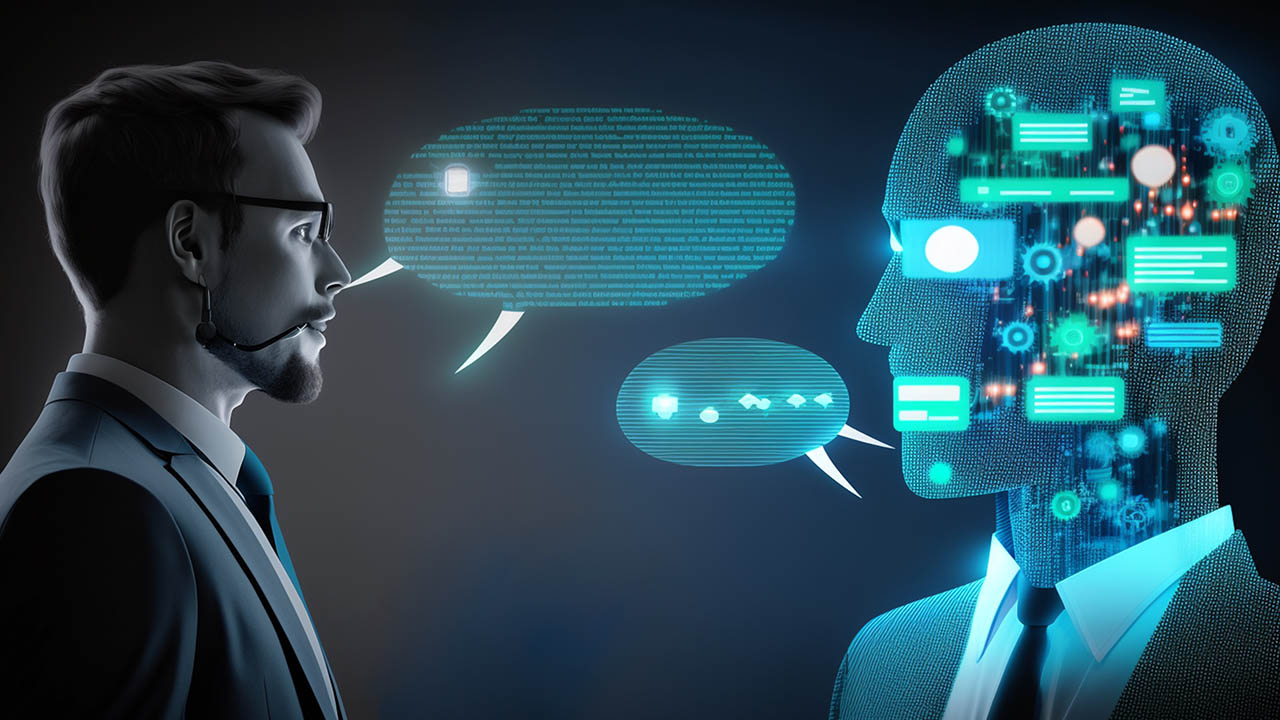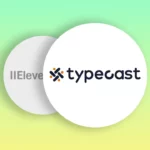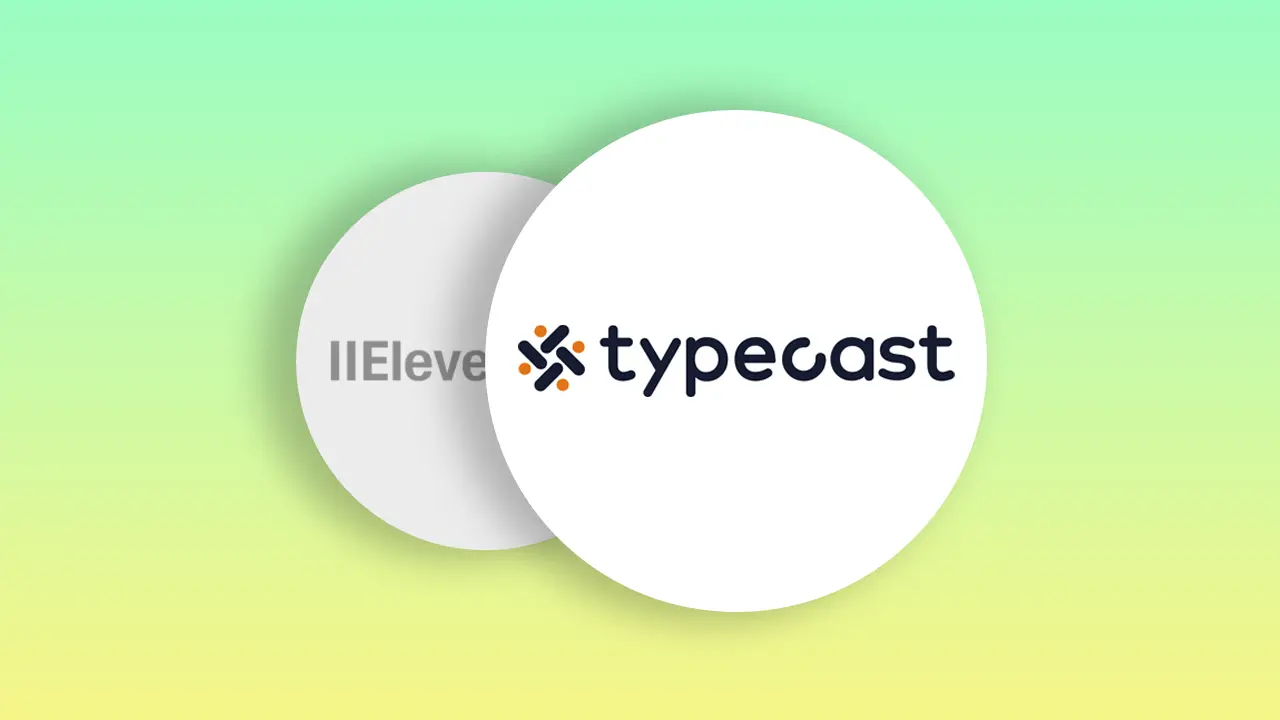Have you ever been making content, and your voice just isn’t cutting it? Ever wanted to speak confidently but couldn’t find the right words? What if there was technology that could replicate and enhance your voice with AI-generated digital emotions, no less? By using an AI Voice cloner, revolutionary AI voice cloning technology has made speaking with emotion as simple as ever.
Whether you’re a content creator looking for dynamic audio solutions, re-recording needs, or a small business owner wanting to make custom voices for your customer service needs, this advancement in tech will take your vocal communication to an entirely new level. So let’s explore what this breakthrough in generative voice technology can do for your sound enhancement needs.
What is an AI voice cloner and how does it work?
Have you ever heard of an AI voice cloner? If you have your finger on the pulse of the evolving technology of AI voices and TTS, you’ve likely experienced voice cloning. However, an AI voice cloner is a fascinating technology that can mimic any target voice that it’s trained on with astonishing accuracy. This AI-powered tool uses deep learning algorithms to analyze and understand the intricacies of a real person and their voice, including tone, pitch, and cadence.
Doing so can generate an AI voice clone that sounds like the original speaker and incorporates nuances like laughter or pauses. One of the most exciting aspects of this technology is complete creative control. Anyone can also use it to create “synthetic voices” for individuals who have lost the ability to speak due to illness or injury. With an AI voice cloner, voice replication and the creative process are endless.
Why AI voice cloning is a revolutionary technology
AI voice cloning is one of the most significant technological breakthroughs in AI. It allows AI tools to replicate human voices and generate synthetic voices that sound incredibly realistic. This technology has numerous applications, from using artificial intelligence to creating more natural-sounding virtual assistants to helping people who have lost their voices to speak again with impeccable quality.
But what makes AI voice cloning truly revolutionary is how far the technology has come. Today’s AI algorithms can often create a speech indistinguishable from the target voice in a few seconds; this opens up a whole new world of possibilities for businesses and individuals.
Benefits of using an AI voice cloner for businesses and creators

As voice cloning software advances, using an AI voice cloner for businesses and creators is trending across the internet. There are numerous benefits to this innovative tool, including the ability to create and customize audio content quickly and efficiently. This is particularly helpful for anyone who wants to generate audio without sacrificing quality.
AI voice cloning technology can mimic human speech nuances and intonations, making the audio sound more natural and engaging. Additionally, it can save time and money by eliminating the need for actors, editing software, and text-to-speech tools. Using an AI voice cloner can give businesses and creators an edge in the competitive market while streamlining their audio production process.
How to use a realtime voice cloner to improve customer service experience
Improving the customer service experience has always been a priority for businesses. However, thanks to technology, companies can now add a personal touch to customer service with a realtime voice cloner. After speaker verification, this innovative tool allows customer service representatives to respond to questions and concerns quicker and enables them to speak in the customer’s native language.
Imagine communicating effectively with a customer who speaks a different language without needing a language app. With a realtime voice cloner, your customer service team can provide a seamless, personalized experience for everyone
How to use an AI voice cloner to make better content
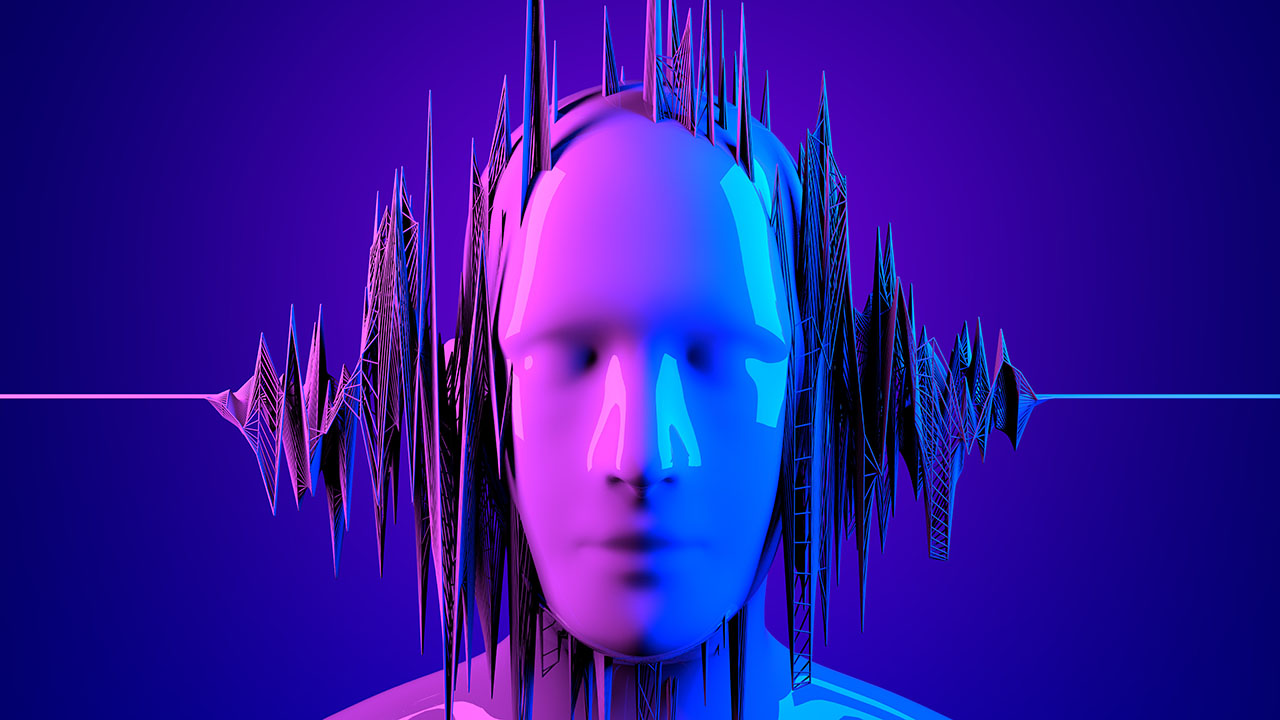
Are you tired of spending hours recording, adding background music, and editing your voiceovers for content creation? We can’t do anything about the music, but an AI voice cloner can cut your content creation time in half. With just a few clicks, voice cloning software uses advanced algorithms to replicate any voice you desire, to create a spot-on match, even those of celebrities. As a result, creating content will no longer be time-consuming but fun and unique. Imagine using a Morgan Freeman, Snoop Dog, or Beyoncé voice for your next video or podcast episode. How would your audience react?
While these AI voice programs are fun to play around with, you could create an even better authentic and custom voice with a voice over program. Sure, you could hire and use voice actors, there’s nothing wrong with this path, but sometimes the only way to create something unique is to use what you already have – your voice.
With generative voice tools, the possibilities are endless. AI can make voice clones but can’t change the original sample data. Some advanced technologies can make it possible for an AI voice changer to make someone a professional voice actor, even without experience. You could even pick up art voice cloning and allow someone to create singing audio masterpieces.
Try using a voice generator and see how it can elevate and add emotions to your content.
Exploring the ethical implications of using a realtime voice cloner
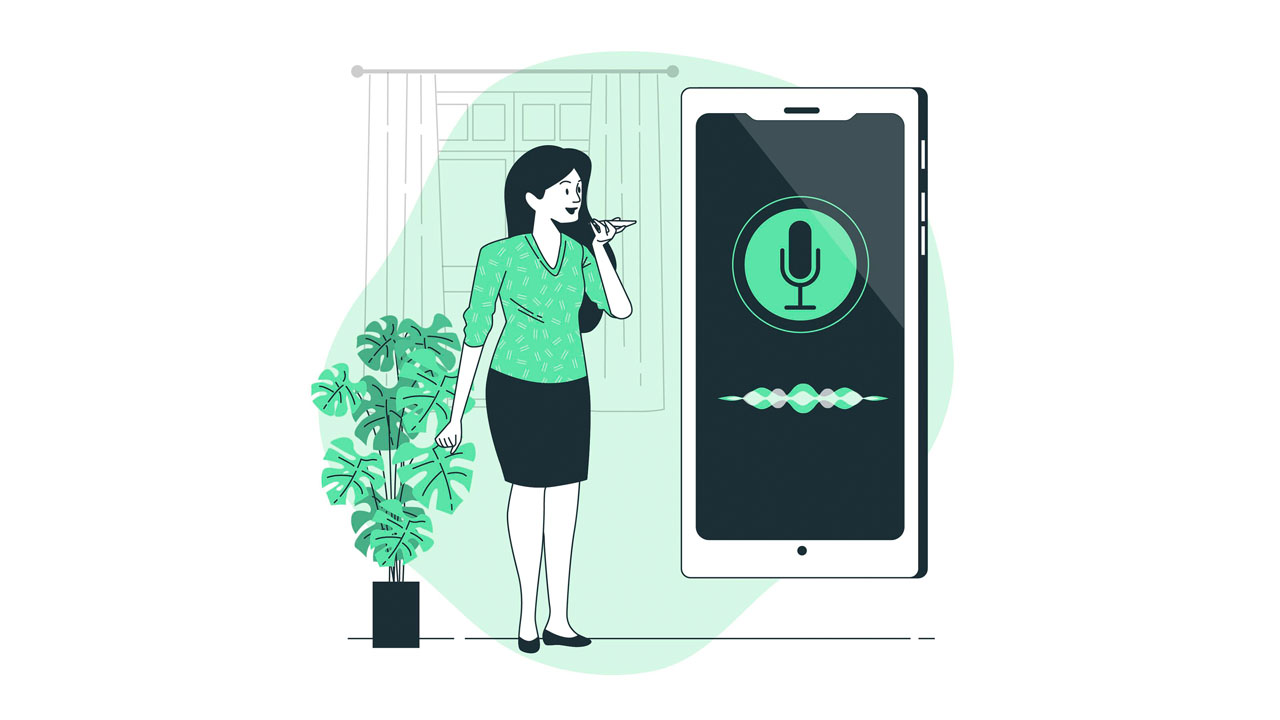
A realtime voice cloner can replicate someone’s voice, allowing anyone to sound like celebrities, politicians, or even friends and family. While this may seem like a fun and harmless tool, it raises some important ethical questions with artificial intelligence. For example, what if someone uses a voice clone to impersonate someone and commit fraud? What if it’s used to create fake audio recordings that could manipulate public opinion or spread false information?
As this technology advances, we should consider the potential risks and take steps to use voice cloning responsibly. While realism is necessary when considering evolving technologies, it’s also essential to consider the potential benefits of these tools. After all, a tool as powerful as a realtime voice cloner has the potential to be used for good, such as providing more accessible online customer service or full creative control in game development when creating unique digital audio experiences.
Ultimately, there needs to be an ongoing dialogue about using technology like voice cloners, but most creators are using voice cloning software for good. Whether creating fun content with a celebrity-cloned voice or saving time and money when recording their voiceovers, it’s important to remember that cloned voices are just tools, and how we use them – depends on the individual.
Using your own voice to create voice clones
Have you ever wanted to create a voice clone of yourself for fun or practical purposes? An AI voice cloner uses your voice to create a digital clone through AI and speech synthesis. Using your voice allows the clone to sound more authentic and natural, but you can also add a personalized touch to your voice clone. Personalizing your voice may be the best way to avoid the standard output. AI can clone and modify your voice’s dynamic tone and range in addition to replicating it.
An AI voice cloner can help you create a digital custom voice perfect for projects. So, why settle for a generic voice when you can use your own to create a one-of-a-kind cloned voice? Of course, most people aren’t going to consider the ethical implications of their original voice when using a voice cloner. Still, as technology evolves, it’s necessary to understand the consequences. For example, if you change your cloned voice to make it more professional, is it even your voice?
What does AI voice cloning mean for your voice? Is it a property that anyone can own and access? How will you ensure that real recordings of your digital clones are used responsibly? These are essential questions to consider before creating a voice clone of yourself. Creating an ethical framework around AI technologies will be an ongoing process that must be fluid and evolving, just like technology. Any effort will require everyone’s participation.
Other users are stealing your voice to do nefarious things

Have you ever thought about what could happen if someone stole your voice? No, we’re not talking about them physically taking your vocal cords; we’re talking about digital voice theft. With the advancements in deepfake technology, it’s easier than ever to manipulate someone’s voice and make it say things they would never say. Typically, it’s used for humor, but anyone can also use it for nefarious reasons.
Imagine if someone used your custom voice to make threatening phone calls or to spread false information. It’s a scary thought, but luckily there are ways to protect yourself. First, keep your personal information secure, and be cautious of what you share online. And if you find out someone is using your voice without your consent, don’t hesitate to take action and report it. Your voice is your identity; keep it safe.
Learning to balance AI voices and cloning ethics
AI voice cloning is an exciting technology that has come a long way. It allows us to replicate a natural person’s voice using deep learning and even make them say things they never said. However, while this technology has many valuable applications, we must also consider its ethical implications.
For example, imagine someone using AI voice cloning to fabricate a recording of a politician making an inflammatory statement. The potential for abuse is clear, so we must learn to balance AI voice cloning with ethics. By doing so, we can create technology that is used responsibly and to improve content creation.
Typecast’s my voice maker: A more responsible, better quality tool
AI voice cloning has revolutionized generating audio content, providing customer service experiences, and producing entertainment. It’s a powerful technology that enables businesses to effectively create voice-based clones, furthering their brand identity by aiding in customer communication.
With AI voice cloning tools, like Typecast’s Voice Cloning tool, creators can start more dynamic, engaging audio content and avoid the costs of paying human actors.
While exploring the potential benefits of using voice cloning software raises ethical questions, such as using other people’s voices to create clones or having other users steal and mine recorded speech for profit, we must use the technology responsibly.
With Typecast, you can facilitate your cloning projects’ responsible use and security. So if you’re looking for an intuitive voice generator to experiment with voice cloning, visit our website or contact our Sales team.
